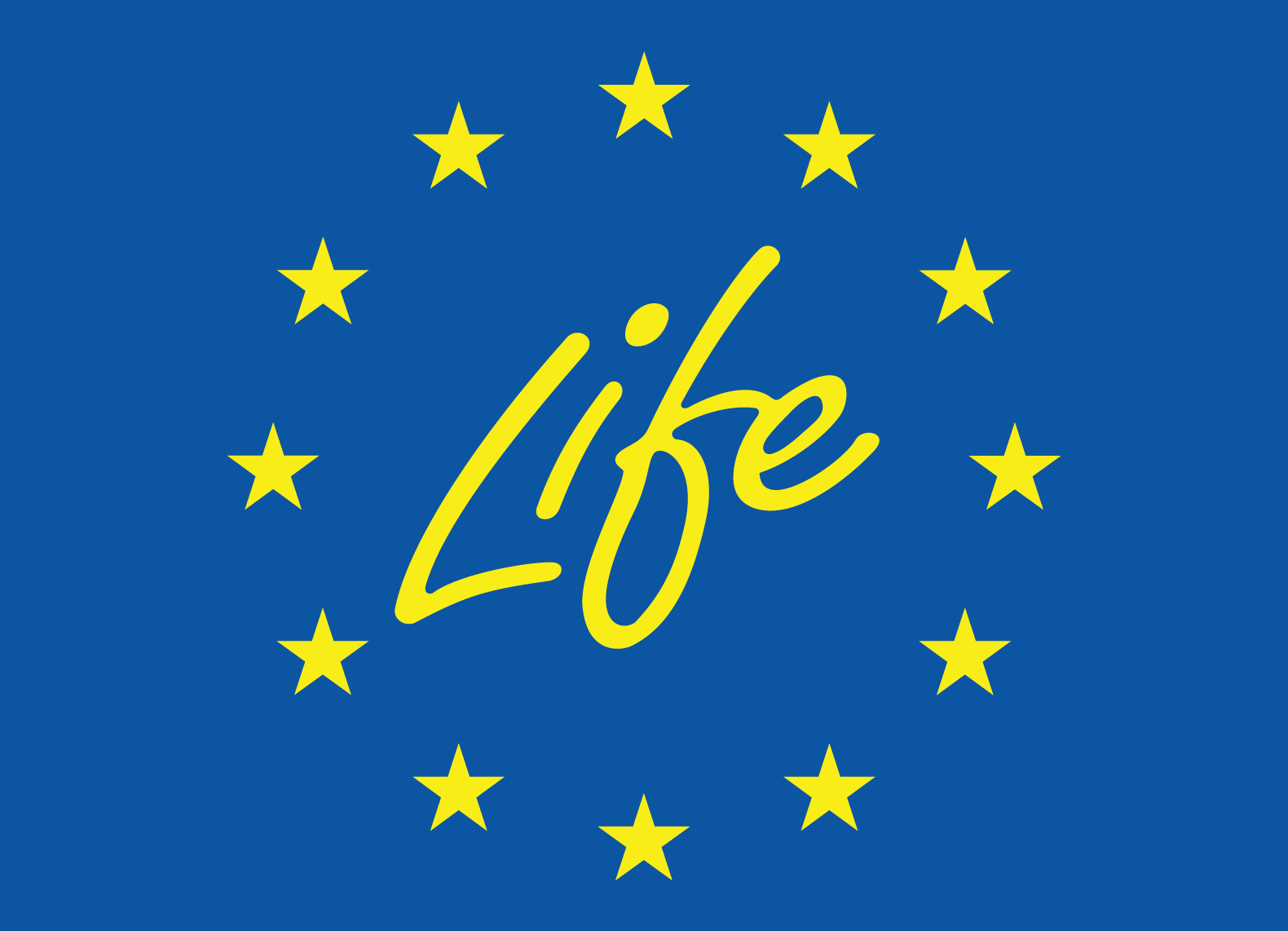Presence of pesticides in the environment – Scientific article out now
After months of work, IFOAM Organics Europe is happy to announce the article Presence of pesticides in the environment, transition into organic food, and implications for quality assurance along the European organic food chain – A review has been published in the Journal of Environmental Pollution.
The main highlights of the article are:
- Review of pesticide contamination of all major environmental compartments and transition into food;
- Organic produce is at risk of environmental, technically unavoidable pesticide contamination;
- Large uncertainties regarding transition of contaminants into non-target foods.
The article is freely available under a Creative Commons license, so please share it and stay tuned for more developments!
Background
This article is one of the deliverables of Developing Organic: Pesticide use and contamination, a project we started on pesticide residues in organic products. This project started at the end of 2020, with the contribution of a good number of sponsors. Our scientific partner is FiBL, the world’s leading research institute in the field of organic farming.
The project consists of four pillars. The first two are scientific and based on research and collection of data, the 3rd and 4th pillars relate to advocacy activities towards the EU institutions:
- Understanding the presence of pesticide residues in the environment (soil, air, water) and in the agri-food supply chain.
- Understanding how Competent Authorities, Control Bodies and organic operators manage residues today.
- Discussion with all the stakeholders and production of a proposal to the EU Institutions on how to manage residues in organic products;
- Advocacy work on the horizontal legislation, in a way that it properly considers organic production.
For more information about Developing Organic: Pesticide use and contamination, please contact [email protected].

The work of IFOAM Organics Europe on this topic is co-financed by the LIFE programme of the European Union, under the under the Climate, Infrastructure and Environment Executive Agency (CINEA). This publication only reflects the views of the authors and its sole responsibility lies with IFOAM Organics Europe. CINEA is not responsible for any use that may be made of the information provided.

